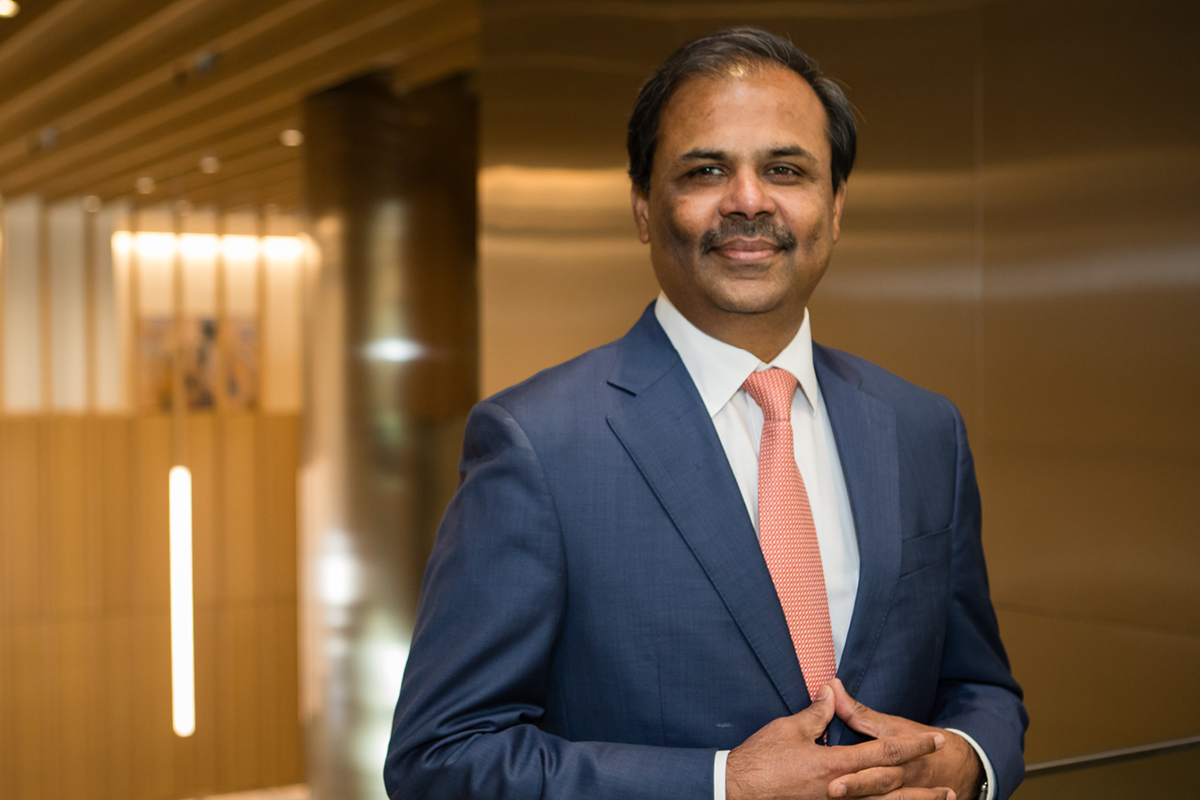Refreshed Look to Inform and Inspire

Welcome to the Spring/Summer 2025 issue of Winship Magazine.
We are especially excited with this issue to share the magazine’s refreshed look and hope you will find its contents both informative and inspiring.
We begin with a look into the future of cancer screening to a time when today’s research suggests it may be possible to have one early detection test that helps to find a variety of cancers early and potentially saves lives. Then four of Winship’s pioneering researchers explain what they are investigating and how it will benefit people living with cancer.
Our cover story focuses on one of the greatest steps forward in cancer medicine: the transformation of multiple myeloma from an almost invariably fatal disease into a manageable condition. Winship has played an important role in that transformation. Today more patients are living well past their initial prognosis—and not just surviving, but thriving.
Cancer experts strongly recommend getting a second opinion when it comes to cancer care. It can make the difference in receiving a more accurate diagnosis or even, in rare cases, learning you don’t have cancer at all. We look at what it means to seek a second opinion and why it’s important.
As a partner in the global effort to end cancer as we know it, Winship researchers collaborate with their peers in countries around the world. Here we look at some of their findings and how they have informed the care and support Winship provides our patients right here in Georgia—where Susan C. Modesitt is helping to transform Winship’s formerly small gynecologic program into a regional powerhouse.
Our patient profile in this issue shares the inspiring story of one of my own patients, Christy Erickson. As a nonsmoker she was shocked to learn she had stage four lung cancer. Her particular cancer was associated with very poor outcomes. But research from the LAURA study, which I led, offered another transformation by enabling us to treat and manage this once-deadly form of cancer as more of a chronic condition—enabling people like Christy to live longer, fuller lives.
Edye Bradford’s relationship with Winship began in 2006, when she was treated successfully for colon cancer. After her treatment, and because of the wide network of friends she made during her visits, Bradford decided to support cancer research through her estate. The legacy fund she will leave bears her name and her late husband’s, The William and Edith Bradford Cancer Research Endowment. “When someone gives you your life back, you remember it,” she says.
We close out the issue with our “Inspiring Hope” interview, this time with Kimberly A. Curseen, director of Winship’s Palliative Medicine Program and director of Supportive and Palliative Care Outpatient Services for Emory Healthcare. Curseen explains that palliative care doesn’t replace your doctors, but helps manage the symptoms of your illness, whether those symptoms are physical, emotional, spiritual or social.
Thanks for your interest and support on behalf of our clinicians, researchers and, most of all, our patients.




